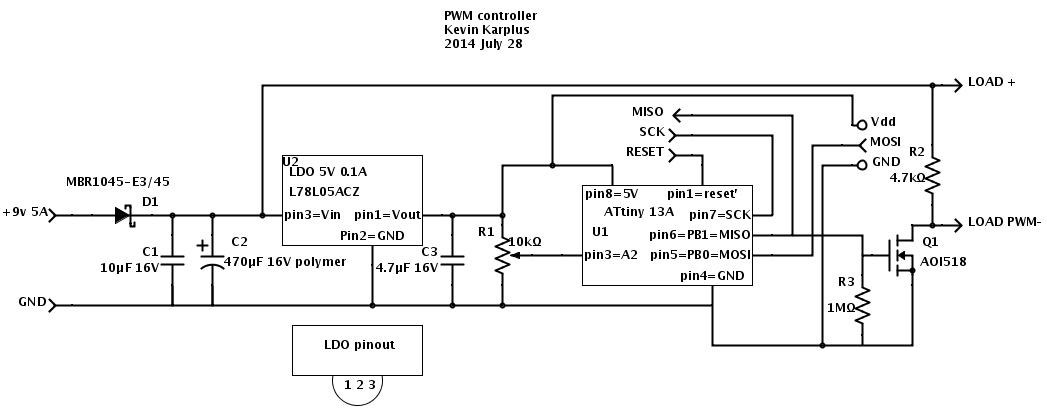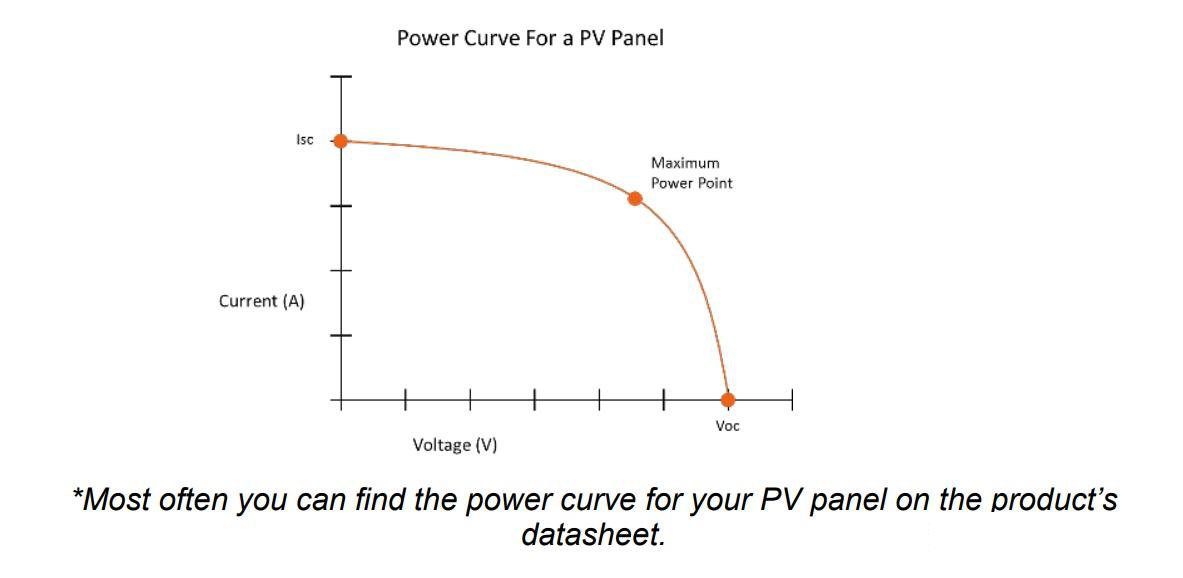1. What is a photovoltaic solar charge controller and the role of photovoltaic solar controller?
Solar controller is called photovoltaic solar charge/discharge controller, which is an automatic control device to control the solar cell array charging the battery and the battery power supply to the solar inverter load in the photovoltaic power generation system. It can set the control conditions according to the charging and discharging characteristics of the battery to control the solar cell module and battery power output to the load, and its main function is to protect the battery and stabilize the working condition of the power station.
2. What are the classifications of common PV solar charge controllers?
Photovoltaic solar charge controllers can be basically divided into five types: parallel photovoltaic controllers, series photovoltaic controllers, pulse width modulation photovoltaic controllers (PWM), intelligent photovoltaic controllers and maximum power tracking photovoltaic controllers (MPPT). Here we focus on PWM and MPPT.
Eco-Worthy PWM solar charge controller
Eco-Worthy MPPT solar charge controller
3. What are PWM and MPPT?
PWM and MPPT are two different charging method controllers for solar charging, which can be used to charge batteries with the current generated by solar modules. Both technologies are widely used in off-grid solar systems, and both work well to efficiently charge batteries. Selecting a PWM or MPPT controller is not based purely on which charging method is "better", but rather on which type of controller will be most effective in your system.
PWM controller: Pulse-Width Modulation
Pulse Width Modulation (PWM) refers to the control of analog circuits using the digital output of a microprocessor, a method of digitally encoding the level of an analog signal. Controlling analog circuits digitally can significantly reduce the cost and power consumption of a system. Many microcontrollers contain PWM controllers within them.
The figure below shows the PV panel access voltage and current on the left and the load voltage and current on the right;

MPPT controller: Maximum Power Point Tracking (MPPT)
To understand the difference between PWM and MPPT charging, let's first look at the power curve of the PV panel. The power curve is important because it shows how much power the PV panels are expected to generate. The PV panel produces a voltage ("V") and a current ("I"). The voltage at which the maximum power is generated is called the "maximum power point". The MPPT will be tracked dynamically throughout the day, depending on the lighting conditions. p=U*I (P is the power generated by the PV panels).

Comparison of usage scenarios:
PWM controller: applicable to small solar PV systems, such as home lighting systems, small solar battery packs, etc.
MPPT controller: applicable to large solar PV systems, such as solar power stations, agricultural irrigation systems, etc.
Advantages and disadvantages comparison:
Advantages of PWM controller:
Disadvantages of PWM controller:
Advantages of MPPT controllers:
Disadvantages of MPPT controller: